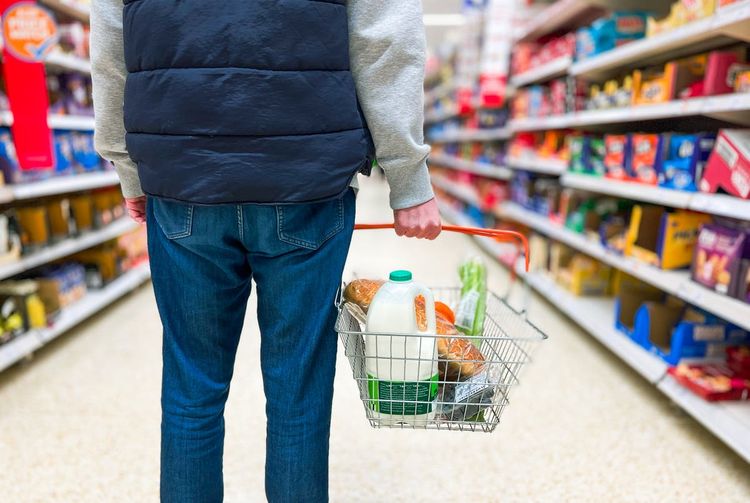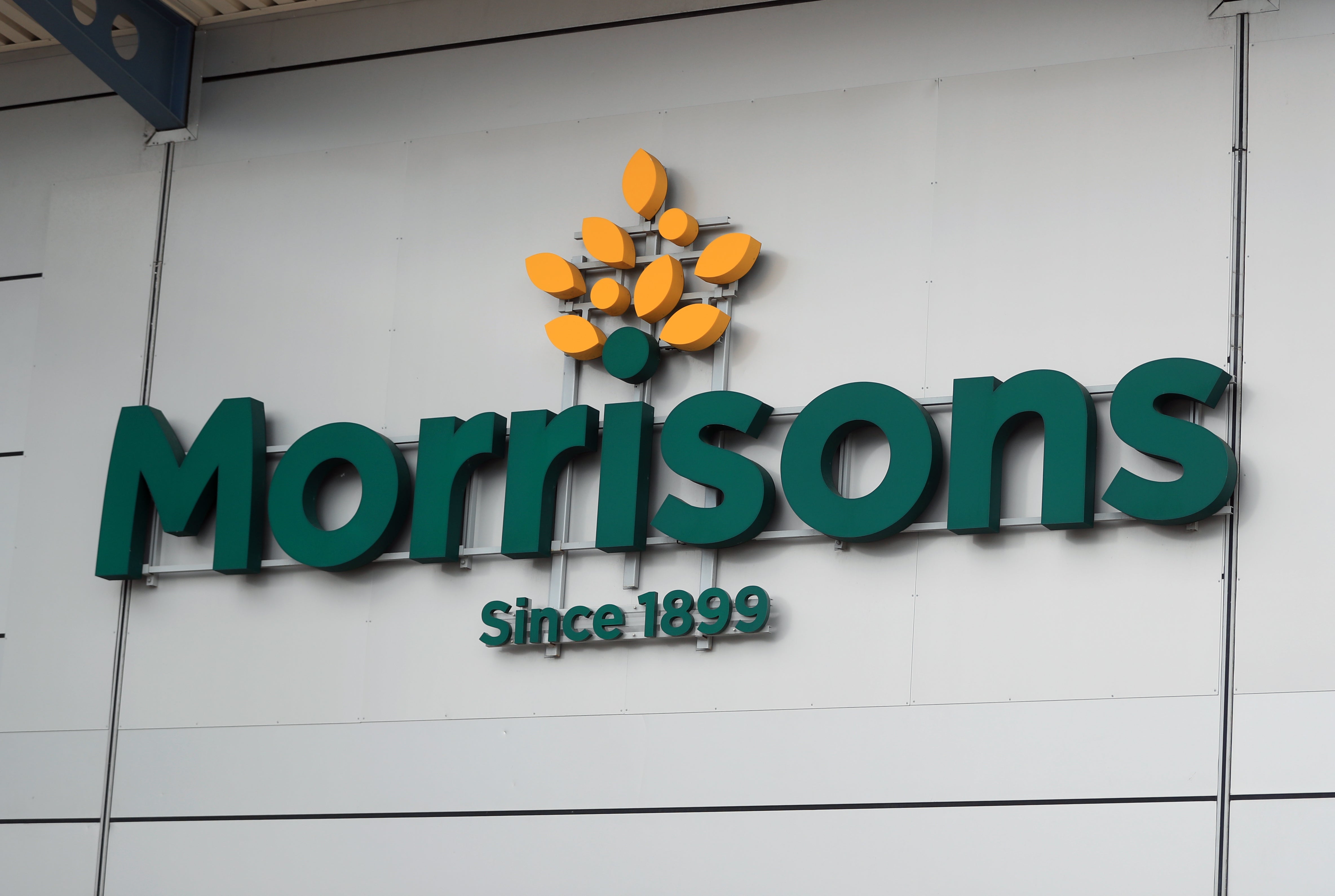Warning to convenience store shoppers over essentials like milk, bread and butter

Subscribe For Free Morning News Updates
Join Our Free Morning Headlines Email List
Subscribe For Your Free Morning Headlines
A recent report has shown that customers might be facing significantly inflated prices for basic items such as milk, bread, and butter, depending on the store they choose to shop at.

Research conducted by Which? indicates that shoppers at convenience stores across the UK might be spending an extra few hundred pounds annually on everyday products.
Studies indicate that more than half of people visit these smaller convenience stores at least once a week, and they should be prepared to spend more each time they make a purchase there.
Among all the supermarkets, Morrison's Daily had the highest price increase, with shoppers spending, on average, 21 percent more for the same items compared to larger stores.
Research showed that purchasing a weekly selection of 42 grocery items would be £16 more expensive at one type of store compared to another. This difference could amount to a total of £832 over the span of a year.
The analysis also included Sainsbury’s Local stores, which were found to be 14% pricier than their larger store versions, as well as Tesco Express outlets, which were 11% more expensive.
Basic items such as milk, butter, and bread have also increased in price. Shoppers can anticipate paying around 8 percent more for milk on average at all three stores, while the price of bread can rise by as much as 14 percent, and butter can be up to 20 percent more expensive.
Researchers analyzed the items that experienced the most significant price hikes. Morrison's brand of chickpeas recorded the largest jump, climbing from 49p to £1, marking a 104 percent increase.
The next biggest increase was seen in Sainsbury’s branded butterbeans, which went up by 67 percent, from 48p to 80p. Meanwhile, Tesco's item with the largest price hike is a six-pack of Mr Kipling Bakewell Slices, which jumped by 54 percent, rising from £1.50 to £2.32.
Why Are Convenience Stores More Expensive?
Supermarket chains explain that the elevated prices at convenience store locations are due to the increased expenses associated with running those stores. In response to the findings from Which?, Tesco mentioned that its smaller outlets are primarily situated in urban areas, where the costs of rent, rates, and other expenses tend to be higher.
Sainsbury's and Morrisons chose not to offer any comments.
Steve Burt, a professor of retail marketing at the University of Stirling's Institute for Retail Studies, mentioned that the expenses associated with space are generally elevated because of rent and business taxes. Furthermore, it's not as cost-effective to restock smaller shops located in city centers.
"Rather than using a single big truck to supply a large warehouse, they need to transport the same amount of goods to 10 or 20 different stores."
Nonetheless, Which? has raised concerns about various practices in supermarkets, with their latest criticism focusing on the increasingly popular strategy of loyalty pricing.







































